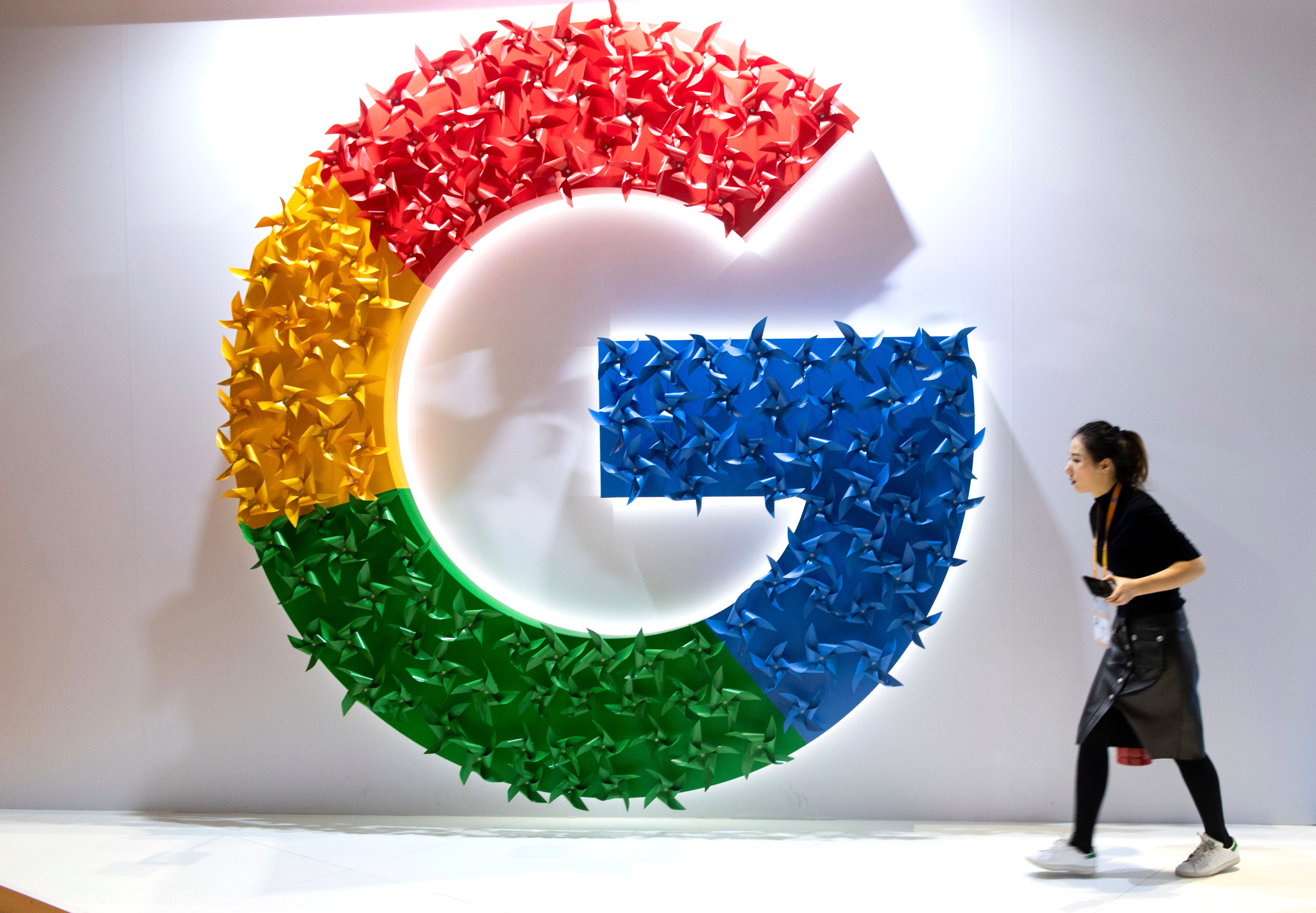Are businesses getting serious about climate change?
Last week, Google made the "biggest corporate purchase of renewable energy in history"

A free daily email with the biggest news stories of the day – and the best features from TheWeek.com
You are now subscribed
Your newsletter sign-up was successful
The smartest insight and analysis, from all perspectives, rounded up from around the web:
Last week, Google challenged other businesses to get serious about climate change by making the "biggest corporate purchase of renewable energy in history," said Tim Bradshaw at the Financial Times. The search giant struck 18 deals with wind and solar energy companies across the U.S., Europe, and Latin America to move to totally carbon-free operations. Google says that its carbon-free energy portfolio "will produce more electricity than places like Washington, D.C., or entire countries like Lithuania or Uruguay use each year." The pledge follows a commitment by Facebook to power its operations with renewables by 2020, and one from Amazon to be carbon-free by 2030 and reach 'net-zero' carbon emissions throughout its supply chain by 2040. That last part, said James Peltz at the Los Angeles Times, comes thanks to a growing contingent of Amazon workers "calling for the company to embrace the mantle of higher corporate responsibility and help combat the perils of climate change." The net-zero date comes 10 years ahead of the timeline envisioned in the Paris Agreement. But this commitment — and Amazon's plan to order 100,000 electric-power delivery trucks — may still not be sufficient to satisfy the workers who've led increasing scrutiny of Amazon's environmental footprint.
Unfortunately, the announcements by a few of the world's biggest companies "won't change the underlying trend of global carbon emissions," said Ben Geman at Axios. A report from the NewClimate Institute analyzed thousands of these corporate climate pledges and found that if carried out by 2030, "subnational" climate plans from cities and corporations could cut greenhouse gas emissions by up 2 gigatons per year. "That's roughly equivalent to Canada and Japan's combined emissions in 2016." But that's only a small fraction of the savings needed to mitigate climate change. It's also proving hard to take companies at their word on the environment, said Brian Merchant at Gizmodo. In 2014, Amazon announced plans to "power all of its operations with clean energy," and did make some strides bankrolling solar plants and wind farms. Five years later, "Amazon is running at only 40 percent renewable energy." It's encouraging that Bezos is responding to employee activism, but "the fact that Amazon produced nothing resembling a detailed road map to its 100 percent clean energy goal" is a red flag.
The Week
Escape your echo chamber. Get the facts behind the news, plus analysis from multiple perspectives.

Sign up for The Week's Free Newsletters
From our morning news briefing to a weekly Good News Newsletter, get the best of The Week delivered directly to your inbox.
From our morning news briefing to a weekly Good News Newsletter, get the best of The Week delivered directly to your inbox.
Still, "the business case for going green has never been stronger," said Chris Martin and Millicent Dent in Bloomberg.com. Consider Nike. It found a way to reduce 3.5 million pounds of waste by reducing the raw materials it uses to make shoes. Killing two birds with one stone, "the company is spending less on transportation, materials, and waste disposal." Same goes with Nestlé, which has made its water bottles 60 percent thinner than in 1990. "The ultrathin design has a smaller impact on the environment while pushing down costs associated with packaging and shipping." Coca-Cola is making a similar calculation, switching from plastic to aluminum cans for its Dasani line, which can cut down on transportation costs because the cans weigh less. "Sustainable decisions don't always require financial sacrifice."
A free daily email with the biggest news stories of the day – and the best features from TheWeek.com
-
 Why are election experts taking Trump’s midterm threats seriously?
Why are election experts taking Trump’s midterm threats seriously?IN THE SPOTLIGHT As the president muses about polling place deployments and a centralized electoral system aimed at one-party control, lawmakers are taking this administration at its word
-
 ‘Restaurateurs have become millionaires’
‘Restaurateurs have become millionaires’Instant Opinion Opinion, comment and editorials of the day
-
 Earth is rapidly approaching a ‘hothouse’ trajectory of warming
Earth is rapidly approaching a ‘hothouse’ trajectory of warmingThe explainer It may become impossible to fix